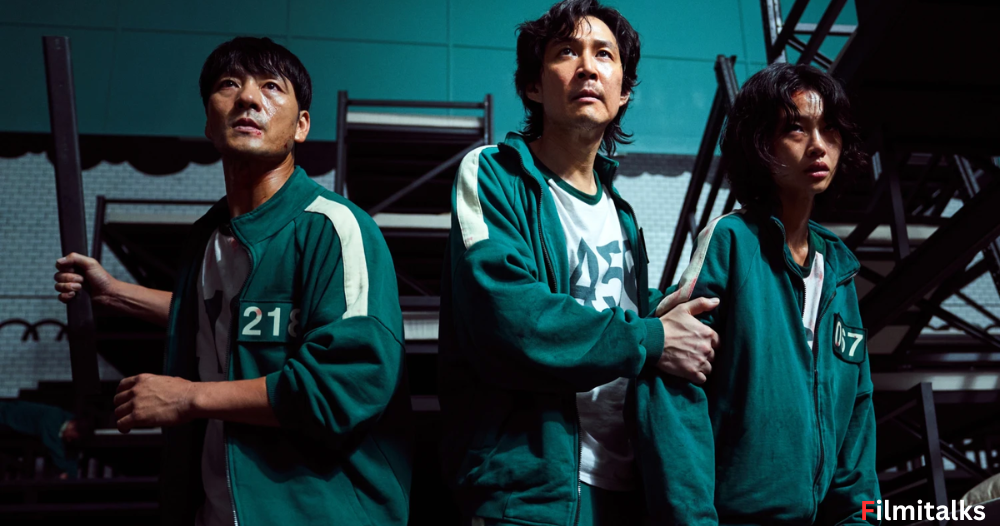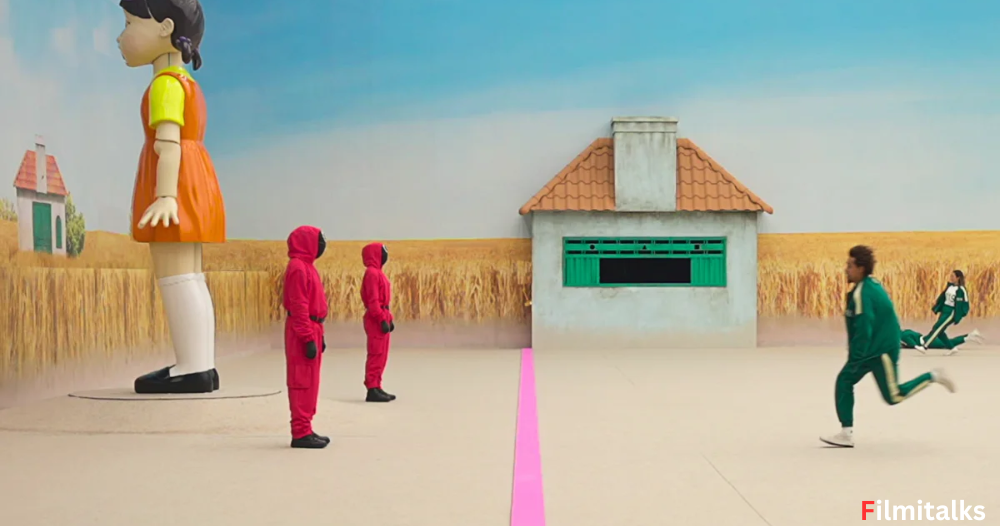Here’s a detailed look at Lee Jung-jae’s career, notable movies, achievements, and more:
Early Life and Career Beginnings
Born on December 15, 1972, in Seoul, South Korea, Lee Jung-jae initially began his career as a model in the early 1990s. His striking looks and natural charisma quickly made him a popular face in the modeling industry, leading to his eventual transition into acting.
His breakthrough came in 1993, when he made his acting debut in the television drama The Dinosaur’s Dream. Although the series wasn’t a massive hit, it marked the beginning of his journey into the South Korean entertainment industry.
Notable Movies and Roles
Lee Jung-jae’s career really began to take off in the mid-90s with a series of successful films. Here are some of his key projects:
1. The Young Man (1994)
Lee Jung-jae‘s first major movie role was in the film The Young Man (1994), a romantic comedy that saw him playing the lead role of a man dealing with the pressures of adulthood and responsibilities. Although the film wasn’t a major hit, it allowed Lee to showcase his charm and comedic timing, marking his entry into the world of cinema.
2. Il Mare (2000)
One of his most beloved films, Il Mare (2000), is a romantic fantasy directed by Lee Jung-jae’s long-time collaborator Lee Hyeon-seung. This film was a critical and commercial success, with Lee playing the role of Sung-hyun, a man who communicates with a woman named Eun-joo (played by Jeon Ji-hyun) across time through a magical mailbox. The film was later remade in Hollywood as The Lake House (2006), starring Keanu Reeves and Sandra Bullock.
3. City of the Rising Sun (1999)
In City of the Rising Sun, Lee Jung-jae took on a role that marked a shift toward darker, more complex characters. The film, which revolves around the underworld of organized crime in South Korea, showed his ability to portray morally ambiguous characters. His performance earned him critical acclaim and solidified his status as a rising star in the Korean film industry.
4. The Housemaid (2010)
In The Housemaid (2010), a remake of the classic 1960 Korean film, Lee Jung-jae played the role of a wealthy man whose life begins to unravel after he becomes entangled with the maid of his home. The movie was a hit and demonstrated Lee’s versatility, as he shifted from being a leading romantic figure to playing a more morally complicated character.
5. The Thieves (2012)
One of Lee Jung-jae’s most commercially successful films, The Thieves (2012) is a heist film in which Lee played the role of a thief involved in a massive robbery operation. The movie was a huge box-office hit, becoming one of the highest-grossing Korean films at the time. His performance, alongside an ensemble cast of top Korean stars, earned him praise for his strong screen presence.
6. Assassination (2015)
In Assassination (2015), Lee Jung-jae starred as a charismatic and ruthless assassin during the Japanese occupation of Korea in the 1930s. The film was a major box-office success in South Korea and further solidified Lee’s status as one of the country’s top actors. His performance was lauded for its emotional depth and action-oriented scenes.
7. Time to Hunt (2020)
Time to Hunt (2020) marked Lee Jung-jae’s return to the big screen after a few years of mostly taking on television roles. This dystopian thriller, set in a near-future South Korea, follows a group of young men who rob a casino to escape the poverty of their lives. Lee’s portrayal of a villainous and relentless pursuer is one of his most dynamic performances, showing his ability to play both antagonistic and sympathetic roles.
8. Squid Game (2021)
Of course, Lee Jung-jae’s most internationally famous role is that of Seong Gi-hun, the central character in Squid Game. Playing a down-on-his-luck man who is roped into participating in a deadly survival game, Lee’s performance resonated deeply with global audiences. The series became a global phenomenon, and Lee’s portrayal of a flawed yet likable character helped him win numerous awards, including the Critics’ Choice Award for Best Actor in a Drama Series and Screen Actors Guild Award for Outstanding Male Actor in a Drama Series.
Television Career
While Lee Jung-jae is best known for his film career, he has also appeared in several notable television dramas. His TV roles often show a different side of him, allowing him to experiment with various genres:
1. Sandglass (1995)
One of his earliest TV roles, Sandglass was a highly successful historical drama that aired from 1995 to 1996. Lee’s portrayal of a young man caught up in the turbulence of Korea’s political history earned him significant attention and praise. The series was a massive hit and became one of the highest-rated K-dramas of the 90s.
2. The Triple Threat (2016)
In The Triple Threat, Lee Jung-jae took on a more action-oriented TV role, playing an ex-cop seeking revenge after a tragedy. Although the drama was less commercially successful than his film roles, it demonstrated his range as an actor willing to explore more gritty, action-packed characters.
Awards and Recognition
Lee Jung-jae has won numerous accolades throughout his career, both domestically and internationally. Some of his notable awards include:
- Best Actor Award at the Baeksang Arts Awards (multiple times).
- Best Actor in a Drama Series at the Critics’ Choice Awards (for Squid Game).
- Screen Actors Guild Award for Outstanding Performance by a Male Actor in a Drama Series (Squid Game).
- Blue Dragon Film Awards for Best Actor.
Personal Life and Legacy
Beyond his acting career, Lee Jung-jae is known for his down-to-earth and private personality. Despite his fame, he has always been cautious about his personal life and avoids media attention.
He is also involved in business ventures and philanthropy, having launched his own fashion brand called “RAOUL”, which has been quite successful in Korea. He is also known for his charitable contributions and has participated in numerous charity events and campaigns over the years.
Future Projects
After the monumental success of Squid Game, Lee Jung-jae’s career has reached new heights, with future projects that include both films and television. Fans are eagerly awaiting his upcoming roles, especially the much-anticipated Season 2 of Squid Game, where Seong Gi-hun’s story will continue.
Lee Jung-jae is also expanding his influence as a director and producer, with his debut directorial project, Hunt (2022), already making waves in South Korean cinema.
Summary
From his early days as a model to his current status as one of South Korea’s most respected and internationally recognized actors, Lee Jung-jae’s career has been nothing short of impressive. Whether in action-packed thrillers, historical dramas, or intense psychological stories, his ability to embody complex characters with depth and sincerity has cemented him as a leading figure in the global entertainment industry.
His performance in Squid Game may have launched him to international stardom, but Lee Jung-jae’s legacy as an actor continues to grow with each new project, and fans are eager to see what he does next.




